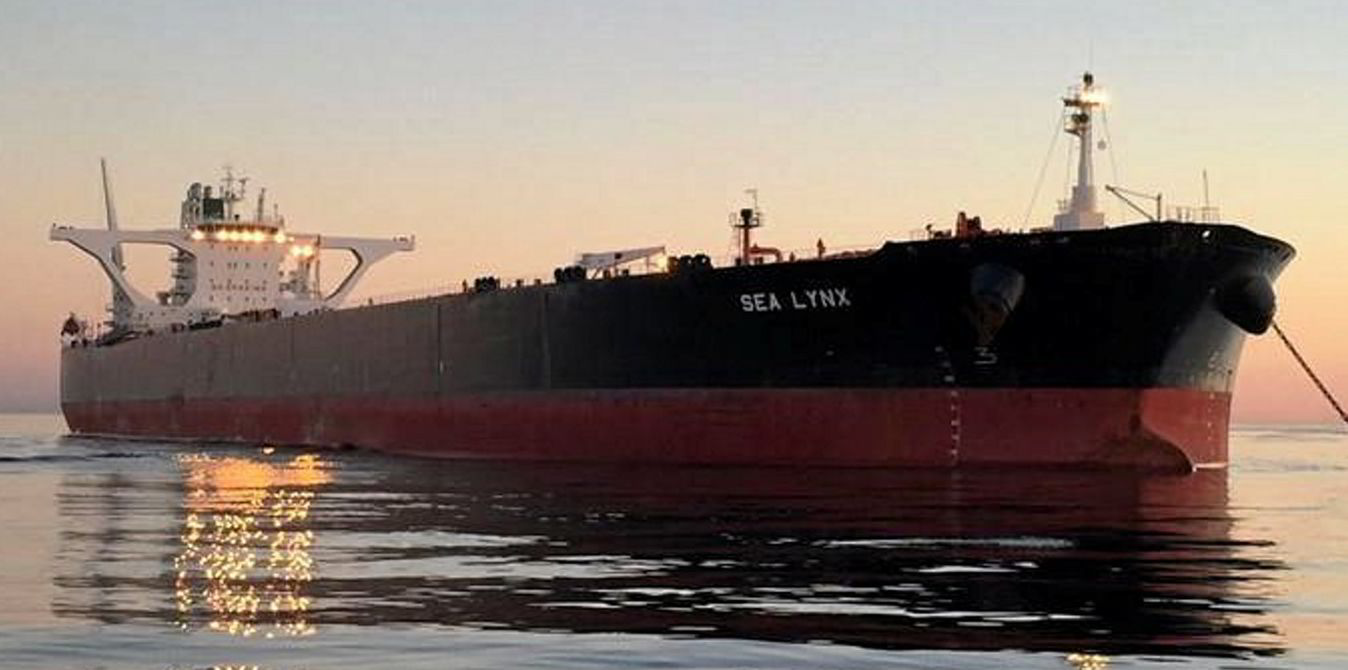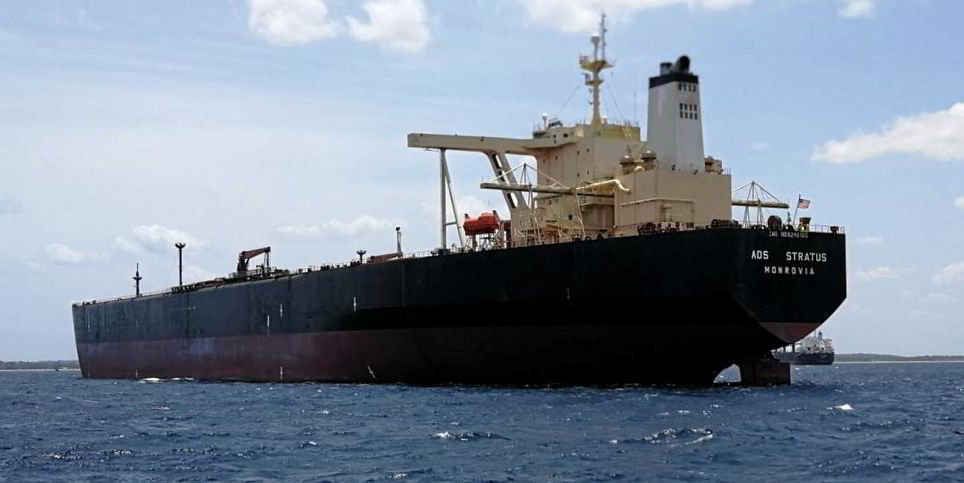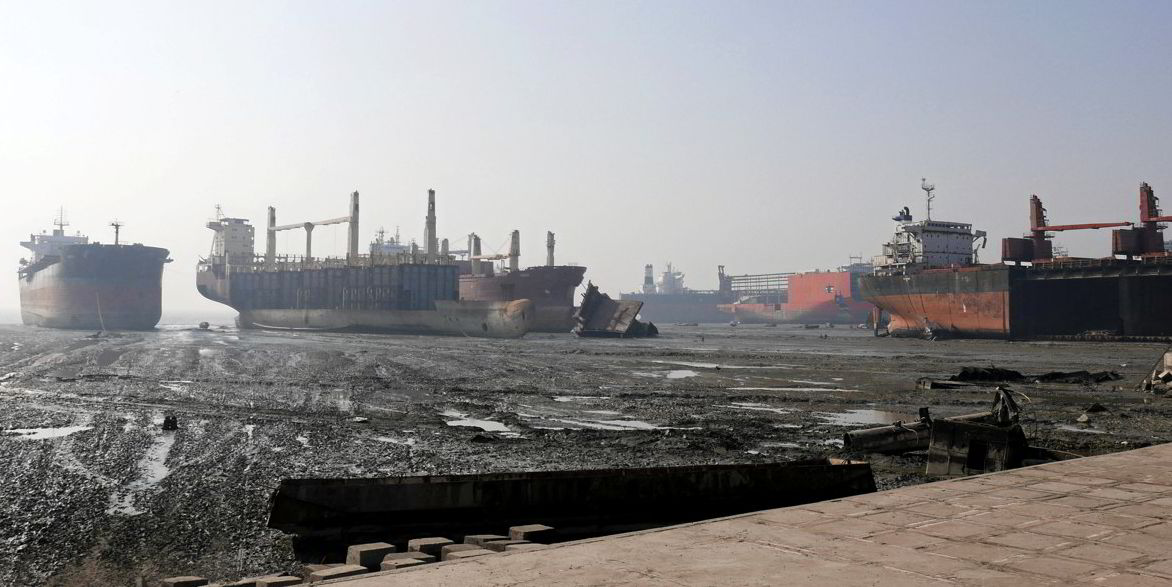Spot earnings of crude tankers have fallen sharply over the past week, with some fixtures pointing to negative returns for shipowners.
The Baltic Exchange estimated VLCC earnings for the TD3C benchmark Middle East Gulf-China trade at $3,163 per day on Friday, the lowest since the assessment began in February 2017.
This was also down 70% from $10,667 per day on 8 January.
The collapse came after Saudi Arabia in early January announced a surprise reduction of crude output by 1m barrels per day in February and March, undercutting shipping demand.
“It is a week where there is hardly any VLCC market enquiry to work with, aside from the intra-Chinese deals, which bolster the monthly figures but [give] little to the other owners outside of that,” Gibson Shipbrokers said in a note.
“Eventually we saw one market enquiry that attracted over 10 offers, which inevitably led to a new low being set.”
Aged ships squeezed
Charterers were especially brutal against old tonnage.
Tanker International data showed Taiwan's CPC tentatively fixed the 318,300-dwt Sea Lynx (built 2004) at Worldscale 25, equivalent to a time charter equivalent rate of -$3,756 per day on a round-voyage basis.
The Pantheon vessel is due to lift from the Middle East Gulf between 29 and 31 January before a voyage to Taiwan.
Modern tonnage probably can still achieve close to WS 33, according to Gibson.
For other routes, Petrobras put Euronav’s 299,000-dwt Arafura (built 2016) on subjects for a trip from Brazil to China at WS 31.5. The ship is to load Brazilian crude between 13 and 14 February.
The suezmax and aframax markets have remained plagued by low crude demand in Europe, where many countries have introduced renewed lockdown measures to control the spread of coronavirus.
Average suezmax earnings fell to -$1,759 per day on Friday from -$1,181 per day on 8 January, data from Baltic Exchange showed, while average aframax earnings dropped to -$1,668 per day from -$408 per day.
Both assessments are near their all-time lows.
“In many cases, old and modern ships are seeing negative returns,” said a broker. “There are still generally low volumes of crude trade.”
Product tanker markets have been relatively resilient despite oversupply, with transatlantic shipments, Asian naphtha demand and port congestion in West Africa supporting rates, some brokers said.
The Atlantic basket rate was $7,331 per day on Friday, down about 3% over the past week. On the Middle East Gulf-Japan route, LR1 earnings decreased to $3,615 per day from $3,476, and LR2s eased to $6,367 per day from $6,569.






